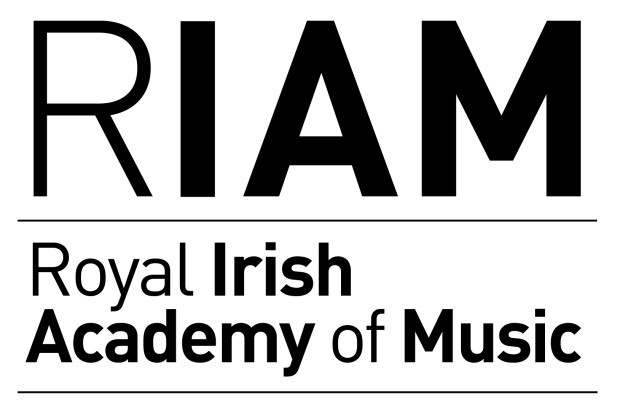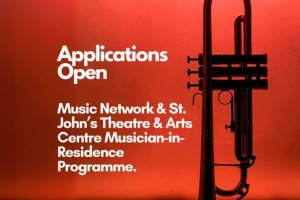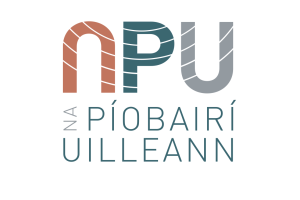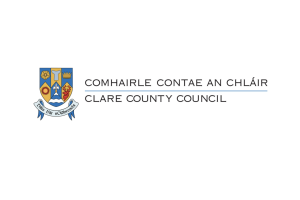
Assistant Lecturer in Aural Training/Compositional Studies
Rate of Pay: Relevant Assistant Lecturer or Lecturer Salary Scale (available on request)
The rate of remuneration may be adjusted from time to time in line with Government pay policy.
Background
The RIAM, as a national conservatoire for music in Ireland, is embarking on one of the most transformational phases in its 174-year history. We are in the midst of the major re-development of our premises on Westland Row, a fully funded project which is set to complete in September 2022. We are poised to create Ireland’s leading centre for music education, training and performance. We aim to nurture excellence, build audiences, advocate for increased access to music participation, and amplify the impact of our work by forging powerful links between young people, emerging and established professional artists, diverse audiences and society at large.
Candidates are invited to apply for up to 150 hours, which are to be taught by one or more specialists in the areas of aural development and compositional techniques. For the first time, RIAM will have streamed classes broken into keyboard, vocal and orchestral for these classes. We seek faculty to teach orchestral instrumentalists in years 1 and 2 in the above areas, and there is scope to develop elective classes in years 3 and 4 of the programme also.
Please submit a cover letter and curriculum vitae to ruthmeehan [at] riam.ie to apply.
The closing date for applications is 4pm Friday 8th April.
Tertiary RIAM – specialist areas: aural development and/or compositional techniques
The ideal candidate will have:
- in-depth knowledge of repertoire for orchestral instruments (including large-scale symphonic, chamber orchestra, chamber music)
- significant experience in development of aural and analytical skills for orchestral or chamber musicians training to become professional performing artists
- a specialism in an orchestral instrument
- a track record of incorporating reflective practices into their teaching and their students’ learning
- a commitment to practice-based research, pedagogical research, and innovation
Interview Information
At the interview, the candidate will be required to:
1. Demonstration Class
Teach a 20-minute demonstration class that works towards achieving at least two of the Example Learning Outcomes listed below for a Year 2 BMusPerf (instrumental) student. The class should focus on aural development and/or compositional techniques. You may choose teach a single class type or may elect to teach a class that combines the different areas.
Example Learning Outcomes for the demonstration class:
- Recognise, remember and respond to musical components such as melody, harmony, rhythm, structure and/or texture.
- Demonstrate an understanding of harmonic function and its relationship to structure and/or rhythm.
- Identify characteristics that enable the recognition of stylistic diversity in performance, relating to orchestral or chamber music performance practices.
- Demonstrate an ability to improve intonation by recognising the harmonic context and adjusting as necessary in an ensemble
The class will contain 3 to 5 orchestral students who will have their instruments available.
The aim of the class should be to support students to use their learning to perform with greater precision and deeper understanding. You should bring your own instrument and/or use a piano in the class. The students will have their instruments in this demonstration class and you are required to incorporate them in this brief session. A whiteboard and a projector will be provided.
Please select excerpts from a work/works or related materials that can be sight-read by the class group (a string quartet) and bring your material to distribute on the day. You will be given the option to distribute your material to the class in advance.
2. Presentation
Give a 10-minute presentation on:
- Your vision for connecting academics to performance in a conservatoire context
OR - Your vision on the skills needed to be a professional orchestral musician or chamber musician and how you would foster those as a teacher.
Further Information
You can find our current handbook HERE, but note that the handbook does not reflect the planned streamed classes broken into keyboard, vocal and orchestral in aural development and compositional techniques.
Duties
The successful candidate will teach aural training and/or harmony and counterpoint. They will contribute to the development of a revised tertiary curriculum. They will be required to develop innovative approaches to teaching and learning in the areas of orchestral studies primarily, and will actively participate in cross-faculty collaborations to ensure that all teaching places the student and their needs at the centre. They will work towards RIAM’s goal to ensure that graduates are performing artists whose practice is informed by scholarship.
For more information on the Royal Irish Academy of Music, visit the link below.


















